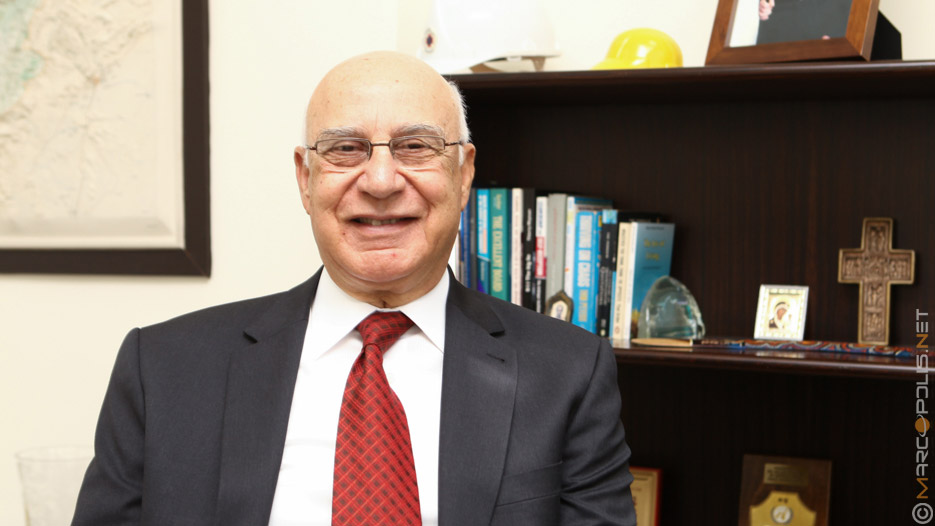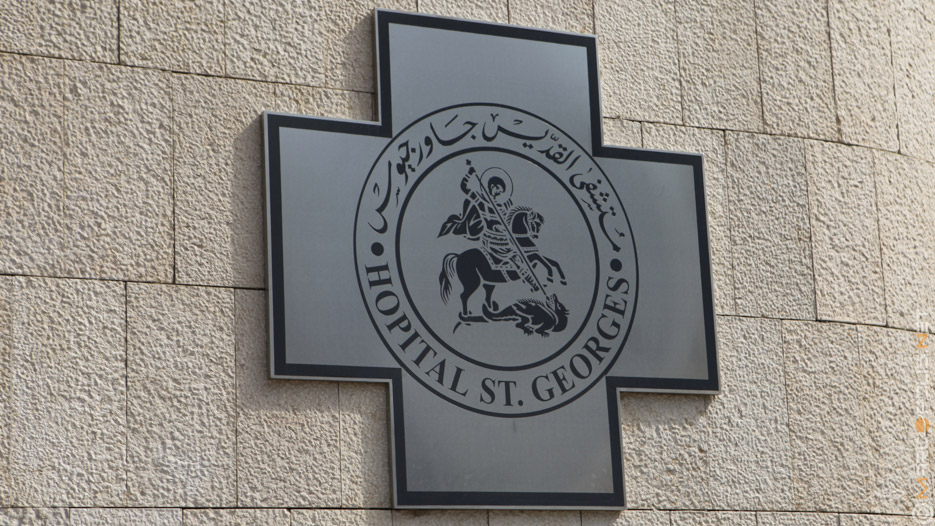Saint George Hospital Lebanon to Open an Oncology and Cardiology Center
“We are going to have an oncology centre and a cardiology centre. Other hospitals might have cardiology services but we are going to have a complete centre that has all of the requirements from equipment to staffing.”
Interview with Salam S. Rayes, CEO of Saint George Hospital

Give us your personal overview of the healthcare sector in Lebanon. Where is the sector heading?
The healthcare sector in Lebanon has been fragmented all the way through since the inception of the country. The private sector works on its own and the government works on its own. However, the health workers are very professional. We have excellent physicians, excellent nursing staff and excellent technical staff that are better than anywhere else in the Middle East. Each group or each hospital has its own vision and plan. There is not one vision for the country.
What is so unique about Saint George Hospital? What are its core values?
In our medical practice there is no difference between us or any other healthcare institution. The hospital was established in 1878 by a group of physicians and then the Archdiocese of Beirut adopted it and started building clinics and healthcare facilities until they reached this place here. Today we have around 300 beds and we will have arounds 400 beds in a few years’ time. What differentiates us primarily is that we are part of a religious community and we have religious ethics that govern our practice. We are firm in applying ethical rules and regulations.

Saint George Hospital is one of the leading medical centres in Lebanon, what do you do in order to maintain that position?
We are very careful about our image. We are careful to keep on introducing new programs, for example we are now introducing robotic surgery. We will be continuously coming up with such ideas. We are going to have an oncology centre and a cardiology centre. Other hospitals might have cardiology services but we are going to have a complete centre that has all of the requirements from equipment to staffing. The same goes for our oncology centre.
When should it be completed?
In 6 months’ time.
We are now introducing robotic surgery.
Are there any other projects that you are working on right now whether in terms of expansion or projects directed towards students and the community?
We are located in the middle of the city so traffic is very bad for us. We are creating about 400 underground parking spaces that will cost us lots of money. We are affiliated to the University of Balamand which is in the north, the medical students from that university train at the hospital here; we are the university hospital for their medical school. We are planning to have other medical schools involved in our practice. We have a nursing school. We have a physiotherapy training program and a dietary training program.
How do you envisage your development in the medium term?
I see a bright path for the hospital. We are going to have an additional 80 or 85 beds. So I see more of the same thing for the future. We cannot predict beyond that; it is enough work for us in three years’ time.
How would you classify your patients?
We have two groups of patients, we have self-paying patients who are either covered by insurance, by some third party or by themselves and we also have government supported patients and social security patients that the government pays for.
Are your patients from Lebanon or from abroad?
They are mostly Lebanese. Every now and then we get patients from Iraq, Syria, Jordan, Saudi Arabia and from the Emirates but it is not an influx of patients, just selected patients coming for specific treatments.
Do you have a specific message about Lebanese healthcare sector?
First of all, I think the Ministry of Health should take a more involved role in healthcare. It should establish more hospitals in the country. Most of the important hospitals are in Beirut but they should be spread all over the country. There should be chains of health clinics and centres linked to major hospitals in the regions and that is not the case now. I don’t know whether they plan for this in the future but I would say there is a lot to be done.
Could you develop this chain for your own hospital?
No. It is very difficult and very expensive. People want to see the government expanding more than the hospitals.